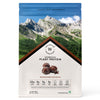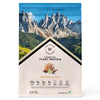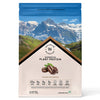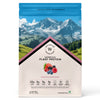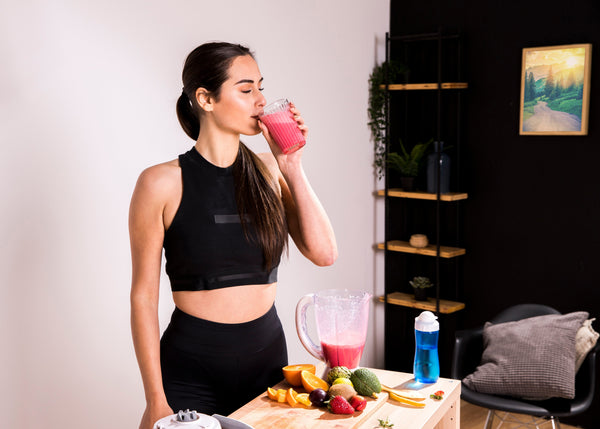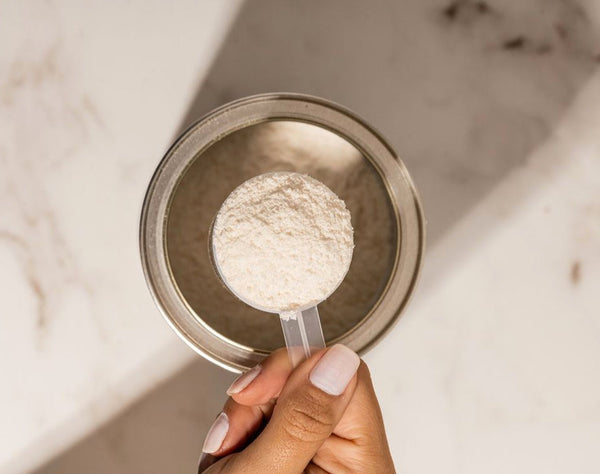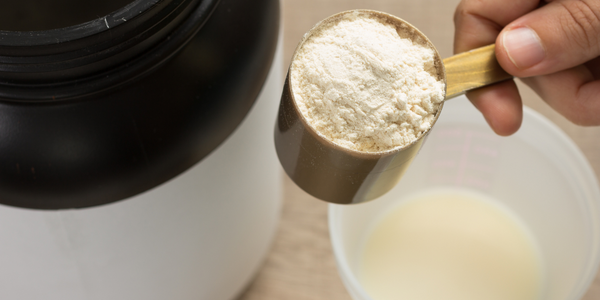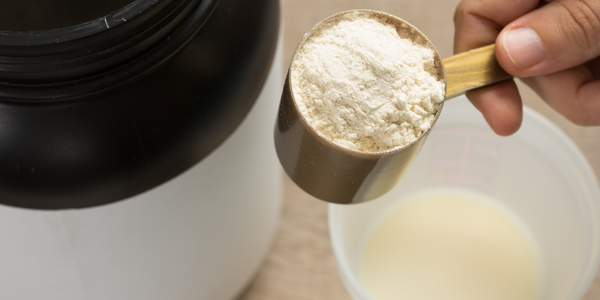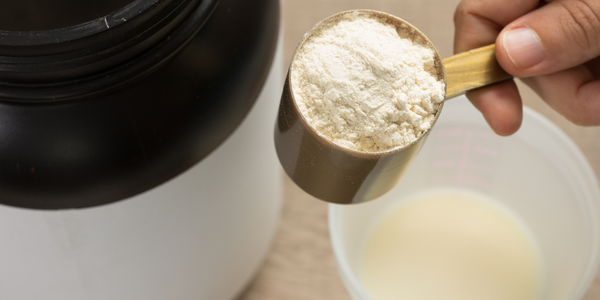When it comes to building muscle, most people immediately think of chicken breast, eggs, and whey protein. Plant protein, on the other hand, often takes a back seat in the conversation. But with more people leaning toward vegan and plant-based lifestyles, the question naturally arises: Is plant protein actually effective for muscle gains?
Let’s break it down in a simple and realistic way.
The Basics of Muscle Growth
Before we dive into comparing sources, it’s important to understand what really helps build muscle. Your muscles grow when they are challenged through resistance training and then given the nutrients they need to repair and grow back stronger. Protein plays a key role in this process because it provides amino acids, the building blocks of muscle tissue.
So, whether it’s from animal or plant sources, protein is essential. The real question is how these sources compare in terms of muscle support.
Plant Protein vs Animal Protein: What’s the Difference?
One of the most common concerns about plant protein is whether it provides all the essential amino acids the body needs for muscle recovery and growth. Animal proteins like eggs, meat, and dairy are complete proteins. That means they contain all nine essential amino acids in the right ratios. Most plant proteins, like rice or pea protein, are incomplete on their own, although soy and quinoa are exceptions.
But this doesn’t mean plant proteins are ineffective. It just means you might need to combine sources to ensure you’re getting a full amino acid profile.
Here’s a quick comparison:
|
Aspect |
Animal Protein |
Plant Protein |
|
Amino Acid Profile |
Complete |
Some are incomplete (can be made complete by combining sources) |
|
Digestibility |
Generally high |
Slightly lower, but can be improved with blends |
|
Fiber Content |
None |
Naturally high in fiber |
|
Antioxidants & Phytochemicals |
Low |
Rich in antioxidants and plant compounds |
|
Saturated Fat & Cholesterol |
Higher (especially in red meats) |
Very low |
|
Ethical & Environmental Impact |
High |
Lower, more sustainable |
In short, plant protein can absolutely support muscle gains — you just have to be a bit more mindful about variety and balance.
How Much Protein Do You Really Need?
This depends on your activity level. For muscle growth, most experts suggest 1.6 to 2.2 grams of protein per kilogram of body weight. So if you weigh around 70 kilograms, you’re looking at roughly 112 to 154 grams of protein per day. It’s a number that can feel intimidating at first, but with a little planning, even vegans can hit their goals comfortably.
Real Talk: Is It Harder to Build Muscle on a Vegan Diet?
The truth? Slightly. Not because the protein is less effective, but because plant-based foods are often lower in protein per serving as compared to meat or eggs. You may need to eat larger portions or add in more frequent meals and snacks to meet your daily intake.
But with consistent strength training, smart food choices, and the right supplements, it’s entirely possible to build solid muscle on a vegan diet.
Here’s a realistic day of eating that packs in protein and keeps things balanced:
|
Meal |
Food |
Protein (approx.) |
|
Breakfast |
Tofu scramble with veggies and whole grain toast + almond butter |
25g |
|
Mid-morning |
Protein smoothie with banana, almond milk, oats, peanut butter, and vegan protein powder |
30g |
|
Lunch |
Quinoa salad with chickpeas, roasted veggies, and tahini dressing |
20g |
|
Afternoon Snack |
Hummus with multigrain crackers and carrot sticks |
10g |
|
Dinner |
Lentil curry with brown rice and sautéed spinach |
22g |
|
Evening Snack |
Chia pudding made with soy milk, topped with pumpkin seeds |
10g |
|
Total |
117g |
Of course, this is just an example. You can customize it based on your personal preferences, activity level, and calorie needs.
The Role of Supplements
If you find it tough to meet your protein goals through food alone, which can happen on busy days, a high-quality plant protein supplement can make all the difference.
One good option is our Vegan Protein Powder. What makes this blend stand out is its combination of brown rice protein and golden pea protein, which together offer a complete amino acid profile. Plus, it contains digestive enzymes to help your body absorb nutrients more efficiently.
Each serving gives you about 22 grams of clean plant-based protein with no artificial additives or sugars. It’s also a convenient option post-workout or as a morning shake when you're short on time.
Including a scoop of such a supplement in your daily routine can help close any nutritional gaps without compromising on your values or taste.
Practical Tips for Better Gains on Plant Protein
-
Mix your protein sources: Combine grains, legumes, nuts, and seeds across your meals.
-
Eat enough calories: Under-eating is one of the biggest barriers to building muscle.
-
Time your protein: Aim for 20 to 30 grams of protein every 3 to 4 hours to support muscle protein synthesis throughout the day.
-
Focus on progressive overload in your workouts: No protein will help you gain muscle without strength training that challenges your body.
-
Stay consistent: Gains take time, but they’re possible with the right routine and mindset.
Final Thoughts
So, is plant protein effective for muscle gains? Absolutely. It might take a bit more planning and variety, but the results can be just as strong, literally. Whether you’re fully plant-based or just cutting back on animal products, building muscle on a vegan diet is not only realistic but also rewarding for your health and the planet.
The key lies in making thoughtful food choices, getting enough total protein, and, when needed, leaning on trusted supplements like a high-quality vegan protein blend. Combine that with consistent training, and you’re well on your way to stronger, leaner muscle — no meat required.








